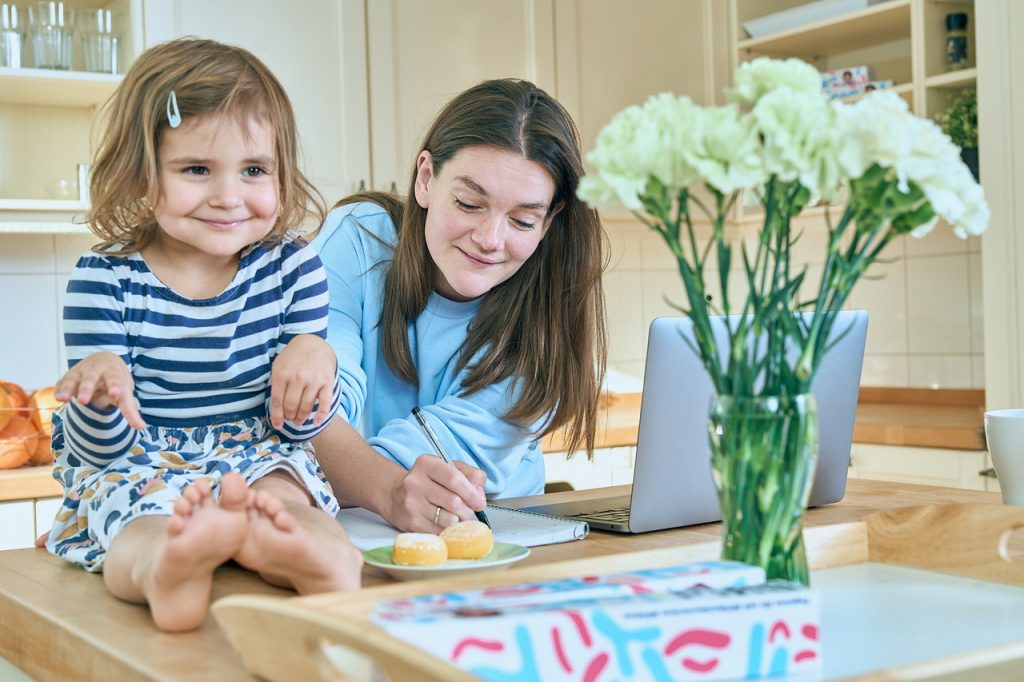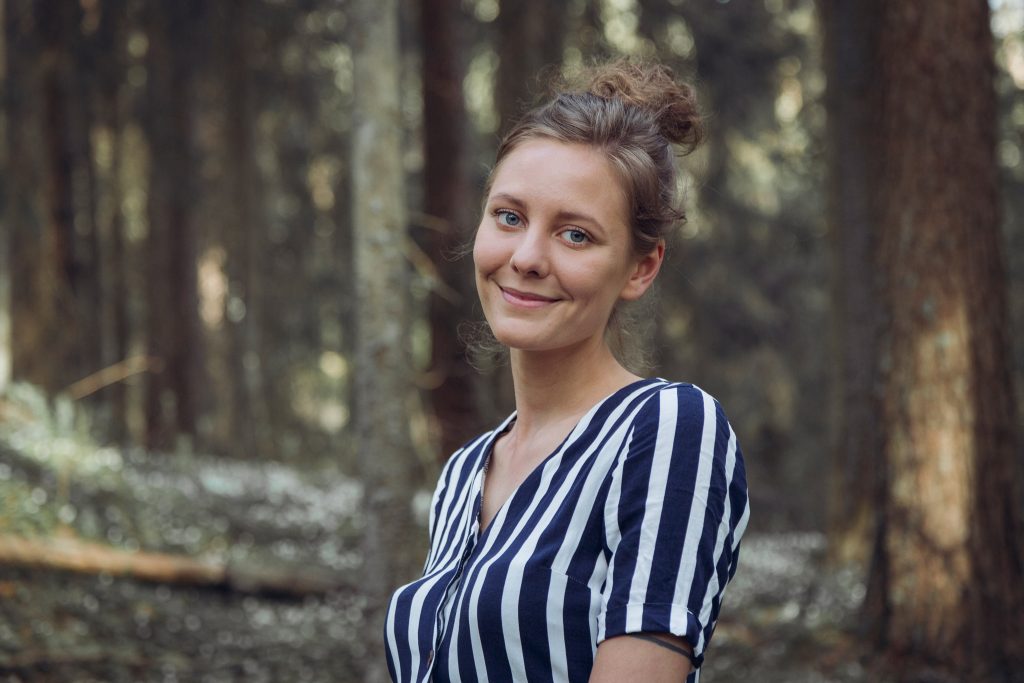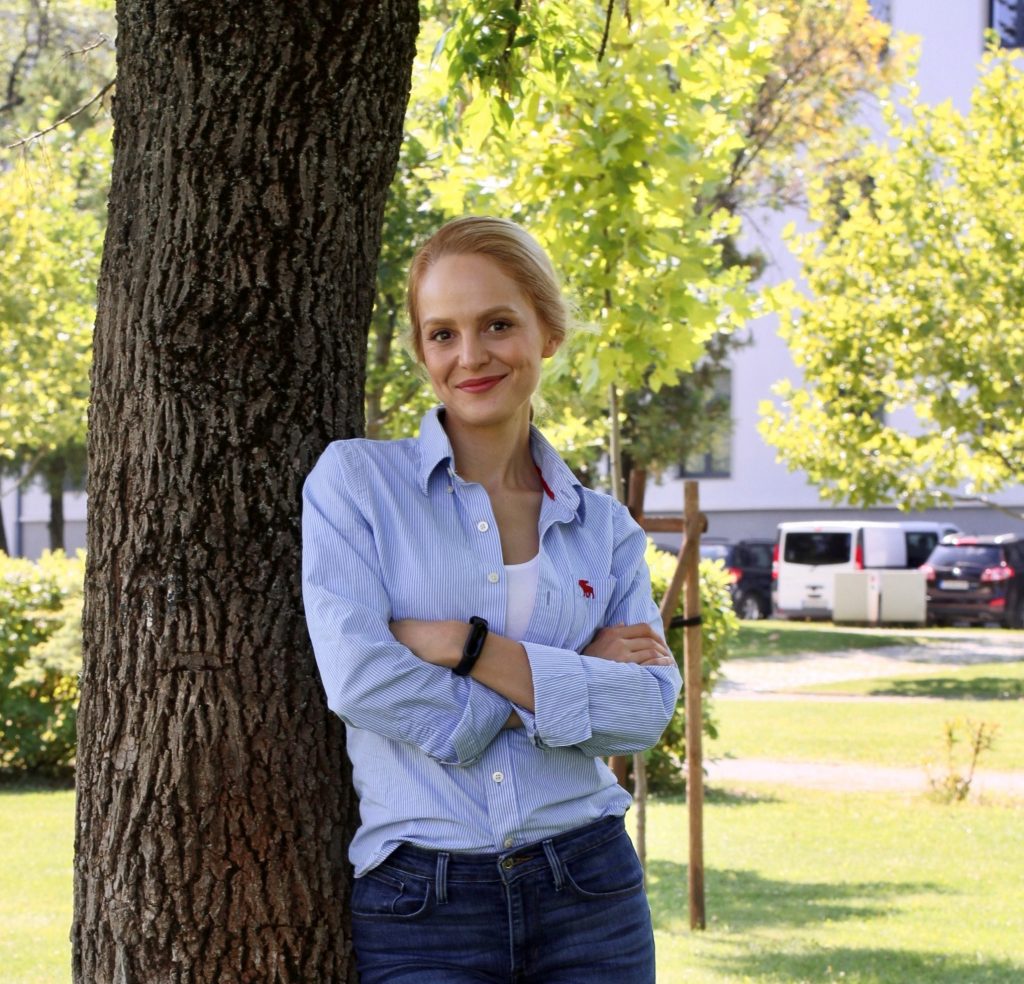To honour International Women’s Day, which takes place on 8 March every year, we spoke to five inspiring women who took the plunge into entrepreneurship and succeeded. Rather than looking at the challenges that are still recurrent for women in business, we decided to focus on bringing real stories of real women. They wanted to start their own company and are showing up every day to make it happen. So, let’s first introduce these inspiring female founders:
- Maria Veselinova, Co-founder of Brain Foods, a Bulgarian-based startup that is creating healthy snacks alternatives.
- Triin Remmelgas, Co-founder of Meet Future, which is based in Estonia and is developing mycoprotein-based alternatives.
- Kaisa Orgusaar, Founder of the food-tech startup Proprotein, also based in Estonia, and producing dairy proteins without the need for animal-farming.
- Anastasia Gutkevich, Founder of Bifidice, a Chilean startup developing functional ice cream with probiotics. Bifidice employs 13 women in total, a #girlpower startup!
- Sweta Khandelwal, Co-founder of Alt Foods, a plant-based food company from India developing plant-based milk made from grains & sprouted millets.
Why did you become an entrepreneur?
Triin: It runs in the family, I guess. I grew up in an entrepreneurial household. So I came to understand at an early age how this lifestyle really looks – both the joys and the struggles. There were two specific moments that gave me the final push, though. Firstly, recognising that the type of products that Meet Future produces– healthy, functional for different recipes, whole cuts – would really be beneficial to people wanting to reduce their meat consumption. Secondly, I read Facebook COO Sheryl Sandberg’s book Lean In, in which she discusses the obstacles women face in the workplace. Once again, I realised that many of the aspects of my inner voice holding me back are related to me being born into this world with a combination of XX chromosomes. So I went ahead and decided not to knuckle under to this ‘coincidence of birth’.
Anastasia: My entrepreneur’s journey started in Chile, where I launched our Bifidice technology. I came to this decision after working hard for more than 15 years in big corporations and getting a lot of insights on how to build a business from those experiences. So I dared to try to prove my ideas.
All these years, I saw my parents, who worked as researchers, creating amazing solutions to help children and adults to stay healthy and stay away from allergies. I thought ‘who, if not me, will commercialise this incredible technology and spread the word about it?’ That’s how Bifidice came to be.

Kaisa: I simply saw a fascinating solution to a problem that I faced in my work. I could not believe that anyone wasn’t doing this so I had to take matters into my own hands. Becoming an entrepreneur was a bit of both good luck and naivety/courage. Firstly, good luck because the idea indeed gained a ton of support. Secondly, because, being young and adventurous, I knew that I had no idea of what the future would bring!
Sweta: In 2019, we were introduced to an environment we had never even imagined would occur in our century. Combined with the devastating impacts of climate change which were becoming increasingly visible. It was always a thought in my mind that what kind of world we will be leaving for our generations to come. It became evident to me that there needs to be a change in the way we live. We needed to start immediately.
While I did think of what one individual can do, I also thought of what if everyone thought the same? For a vision of a kinder, healthier and more sustainable future, I believe being an entrepreneur in the plant-based sector helps me bring about the change I am hoping for. No matter how big or small the change is, every person who tries to adopt a plant based option, counts.
What made you go into the plant-based sector?
Triin: I spent most of my childhood in the countryside, so I had more animal friends than I had human friends. I couldn’t grasp, though, why we gave names to our dogs, but numbers to cows. Why dogs were our friends and could run freely while cows were kept in small stalls for us to get milk from. This feeling of injustice stayed with me, until it transformed into a more thorough understanding of our complex global food system. I believe the most efficient way of changing our habits is through adjusting our everyday environment. Providing good quality, tasty, healthy, and convenient plant-based products plays a huge role in that.

Kaisa: I used to be vegan because of animal welfare and sustainability reasons. However, I abandoned veganism after learning how processed and inferior so many dairy and meat alternatives were. It did not feel right for me to put these things into my body. I wanted to provide a real solution and contribute to the environment. That’s why I went into the plant-based business.
Anastasia: During my experience in Chile, I noticed an enormous growth of allergies to cow milk (both lactose intolerance and cow’s milk protein allergy). The worst thing we discovered in our research was that, just in the last decade, allergies are increasingly affecting the youngest. The most vulnerable category is babies, newborns, and their mothers who need to adapt their diets during breastfeeding. That’s how we decided that there would be use of “cow’s milk” in our company. We put two years of effort and all our resources into developing a plant-based formula for Bifidice’s ice cream. Our goal is to help mothers and their babies recover gut health and grow healthily.
Sweta: The idea of creating a plant-based food & beverage brand came to my co-founders and I through our personal struggles as vegan consumers. After we turned vegan, we had to largely modify our diet. Excluding some of some of our favourite foods and beverages from our diets, including our Indian chai! We realised that if we are so passionate about the plant-based lifestyle then we should catalyse our energy into contributing to this sector.
Moreover, I believe as a founder it’s extremely important to work on a business that drives you. This inherent passion is what sustains a founder during difficult times, which are plenty in the life of a startup.
Maria: It all started in 2017. My life was very different to how it is now. I had health issues, which made me change my lifestyle, diet, philosophy – and subsequently – my career path. I was lucky enough to go through these obstacles and learn from my own experience that the best things in life are cruelty-free. For me, this meant transforming my diet and becoming a complete vegan advocate. Plant nutrition has revealed a new horizon for tastes, combinations, products, and – most importantly – health!
This new perspective on life brought a desire to spread the message. As a business-oriented person, I decided to combine my mission with a startup company. In 2020, together with Plamen Medarov, we founded Brain Foods – a vegan brand for healthy snacks and alternatives.

What’s your main piece of advice for a female entrepreneur that is just starting out?
Maria: The biggest hurdle is rejection. Be ready for it, regardless of the type of business you are starting. And never put too much emotion into it. Also, never abandon your main goal and dreams.
Triin: Delving into some feminist literature occasionally can be beneficial – even to a point where disadvantages can be turned into advantages, as the knowledge about the social, historical, and psychological position of women can provide awesome additional motivation and strength.

